During the summer months, air conditioning is something we all love to have. But, if you want it to be effective in a household, you need to purchase the correct size. Otherwise, it won't run as efficiently as it should. What size air conditioner do you need for a 2,000 square foot house? If that's your concern, we've researched the issue for you!
In general, most would recommend you get a 3 to 5 ton air conditioner for a 2,000 square foot home. Professionals use BTUs to measure an air conditioner's performance. The BTUs necessary to adequately cool a room depend on several factors. A 2,000 square foot home will need a unit rated at 40,000-60,000 BTUs.
When it comes to choosing the right air conditioner, there are a lot of details to go over. For example, why do BTUs matter when determining the size of an air conditioner in a home? If you want to go over how professionals measure an air conditioner for your home, keep reading ahead.
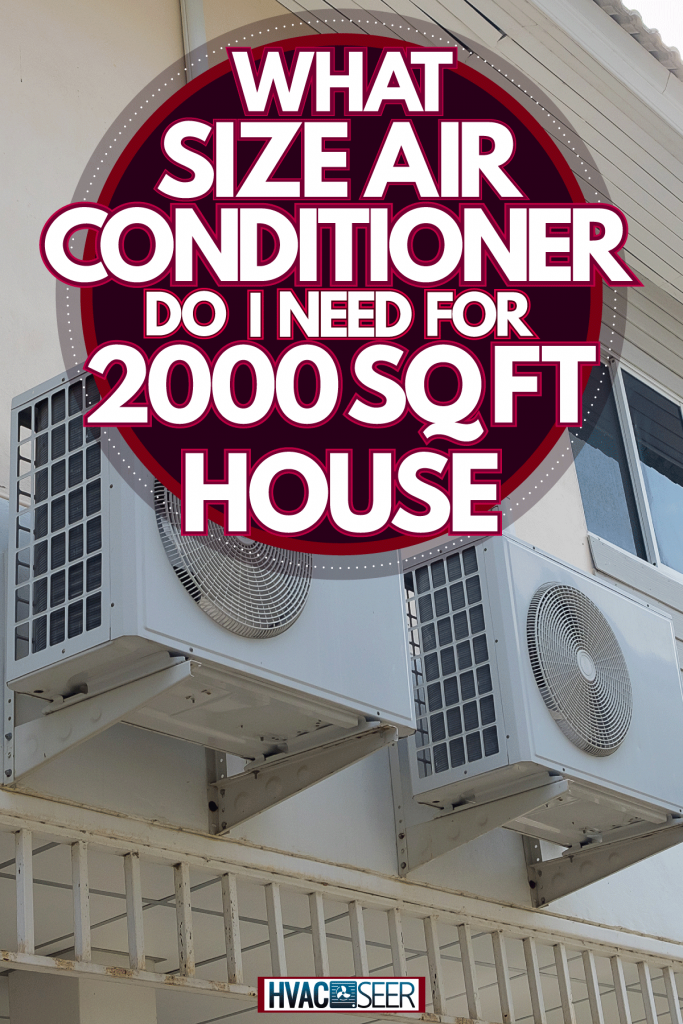
What Are BTUs?
The first step to choosing the right air conditioner for your home is learning the measurement it goes by. As mentioned, professionals use BTUs, among other metrics, to determine the size you need. But, what exactly does BTU stand for?
BTU is an acronym that stands for British Thermal Units. It measures the energy used to remove heat from a room. In theory, the more BTUs an air conditioner has, the better equipped it is to cool a larger space.
However, this doesn't mean you should get a unit with a high BTU rating. More does not always mean better - more on that later.
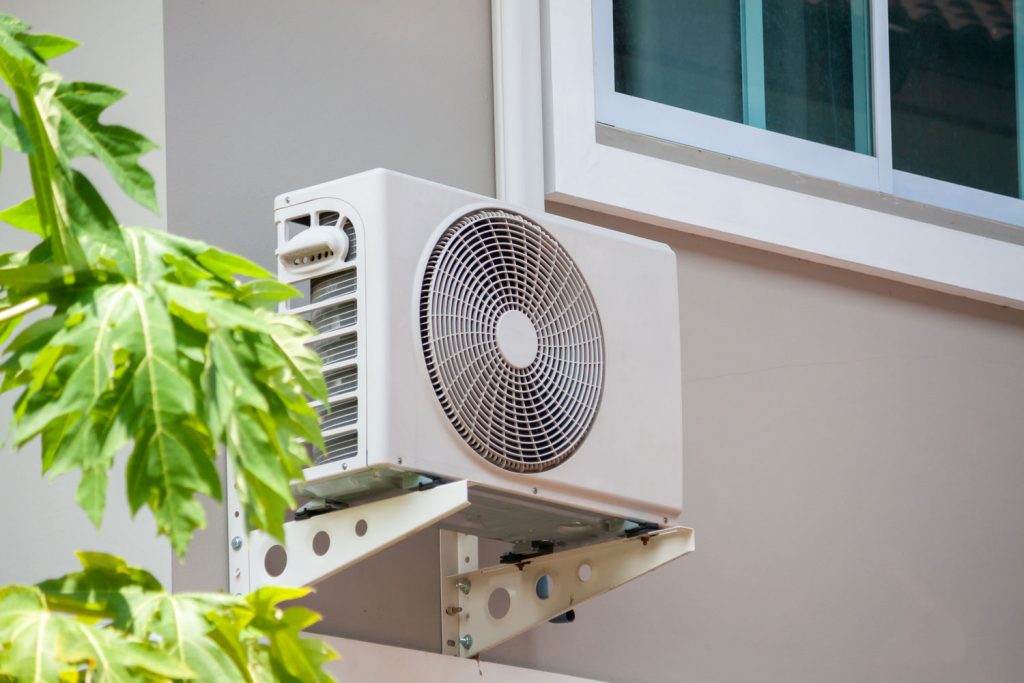
So, BTUs measure the energy used to remove heat from a room - but why does that matter? If we want to put it in simple terms, air conditioners work by removing heat from the room and circulating cold air inside. It does this by pushing the hot air outside of your home while pushing the cold air in through ductwork.
When you look at the BTU rating of an air conditioner, it tells you how much heat the appliance is absorbing and pushing out of your home. Thus, if an air conditioner has a BTU rating of 24,000, it's absorbing 24,000 British Thermal Units of heat per hour and moving it outside.
Determining the Size of the AC for a 2,000 Sq Ft House
Determining the size of the AC you need for your home is where things can get a little tricky. When you search online, there will be a lot of resources that can have conflicting views. Some will say you can follow the rule of 20 BTUs per square foot.
And, when you apply this rule to a 2,000 square foot home, you'll get a rating of 40,000 BTUs. As mentioned, most would recommend a 3 to 3.5-ton air conditioning unit for a 2,000 square foot home. In general, the BTU per ton rule is 12,000 BTU per ton.
Therefore, a 3-ton air conditioning unit will have around a 36,000 BTU rating. On the other hand, a 3.5-ton air conditioning unit will have around a 42,000 BTU rating. As you can see, a 3-ton air conditioning unit is slightly below the 40,000 mark. The 3.5-ton air conditioner is slightly above that mark.
Additional Notes
Which one do you choose? Additionally, is that enough for your home? That's where you would get a lot of conflicting views. But, they're reasonable arguments. It would depend on a lot of variables.
For example, how well insulated is your home? What climate zone are you in? These are some of the questions you'd need to answer and consider before settling on a choice. Let's look at an example. Some users have reported no problems using a 3.5-ton air conditioner in a 2,300 square foot home.
In another case, a forum user got a quote for a 3.5-ton unit for their 2,000 square foot home. Other HVAC engineers concluded that would be within the realm of reason. But, once again, they warn some factors could warrant a larger size.
All in all, the 3 to the 3.5-ton range is what seems to be the choice for a 2,000 square foot home. If you feel that isn't enough to cool your home, you can consider a 4 to 5-ton. However, any larger than that could be a waste of money because you run into other problems.
An oversized AC can give you issues, such as short cycling, higher energy bills, and uneven cooling (hot spots).
Always consult a professional before you make the purchase. 3 to 3.5 seems to be the reasonable range. But, don't be surprised if it turns out you need a 4 to 5-ton air conditioning unit. As one person put it, there's no way to give a precise answer from across the internet.
Why You Might Need More
The information above might have you questioning why you will need a 4 to 5-ton unit in some cases. The simple answer would be because of your climate zone. Some areas, like Las Vegas, can get pretty hot.
In this situation, a 5-ton air conditioning unit would be preferable. So, if we apply the information above to this case, a 2,000 square foot home in Las Vegas would need 60,000 BTUs. When we break it down further, it gives us a measurement of 30 BTUs per square foot.
As you can see, you will need to adjust the measurements to apply them to your specific situation. With this in mind, it could make you feel a bit hopeless about finding a reasonable estimate. If you want to guarantee you purchase the right air conditioner, some suggest getting a manual J calculation.
A manual J calculation takes many factors into account. What are some of the things it takes into consideration? These are some of the variables it considers:
- Ductwork
- Sun exposure
- Number of windows
- Insulation
- Square footage
- Number of people
If this plan sounds good to you, you'll need to consult the services of an energy assessor. According to the EPA, you can find an energy assessor:
- State or local weatherization office (will help you find an energy auditor)
- Energy utility services (if they don't do energy audits, they can recommend someone who can)
- Through an energy audit directory like the HERS Index
How Much Does It Cost To Air Condition a 2000 Square Foot House?
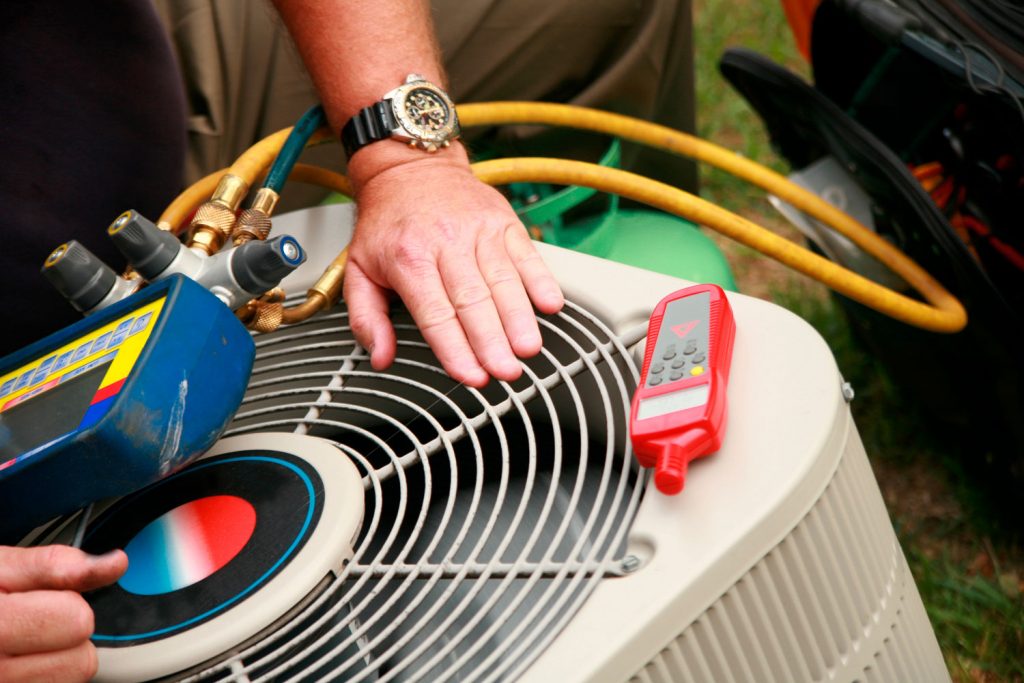
Thinking about installing an AC unit is one thing. The cost to run it is another. How much would it cost to air condition a 2,000 square foot home? Unfortunately, we can't give you a precise answer. That depends on your area for the most part.
But, we can help you get a close estimate. You can find out how much it costs to air condition your home using a simple formula. You'll need your AC's total amp rating and the power plug rating - which is usually 240 volts. Adjust as needed.
Now, let's look at an example. Theoretically, let's say your AC uses 21 amps. The power plug rating is 240 volts. Multiply the two. And, you get 5,040 total watts.
Divide this number by 1,000 to get the kilowatt per hour. For this example, we use 5.04 kilowatts per hour. Take this number and multiply it with the cost per kilowatt of your area. For this example, let's use the average electricity rate.
That gives us 63.10 cents an hour. If you want to go further, multiply this by how many hours you plan to run the AC a day. Then, for the monthly estimate, multiply the result by 30.
How Long Should an AC Unit Run per Day?
The runtime of an AC requires a lot of details. How's the weather? If it's a warm or humid day, it can run for 15-20 minutes at a time to maintain the temperature in your home.
When temperatures are hotter than usual, your AC might run all day long. And, as some suggest, that would be reasonable! In general, your AC will run in 15-20 minute cycles throughout the day.
Is It Necessary To Service AC Every Year?
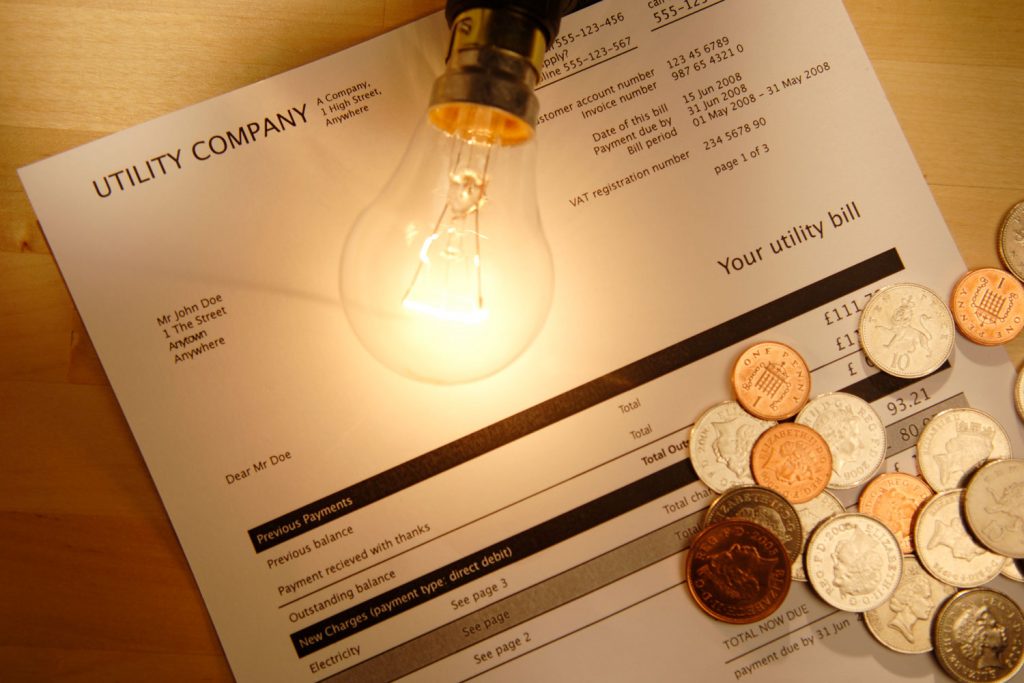
Getting maintenance checks every year can be a hassle to some. It begs the question, is it necessary to get it checked every year? Getting it checked every two years instead wouldn't hurt - would it?
As one HVAC contractor warns, it's optional. But, the longer you wait, the more likely something in the AC will break. Thus, it might cost you more to pay up for fixes than a maintenance check.
How Long Does an AC Unit Typically Last?

The life expectancy of an AC unit depends on how well you maintain it. In general, an AC unit can last 15 to 20 years. However, this estimate applies to units that get regular maintenance checks.
Even if you skip out on getting it checked yearly, the AC unit might still reach that lifespan. Though, you would be putting it down to sheer luck. Getting it checked annually will guarantee you hit that mark.
Final Takeaway
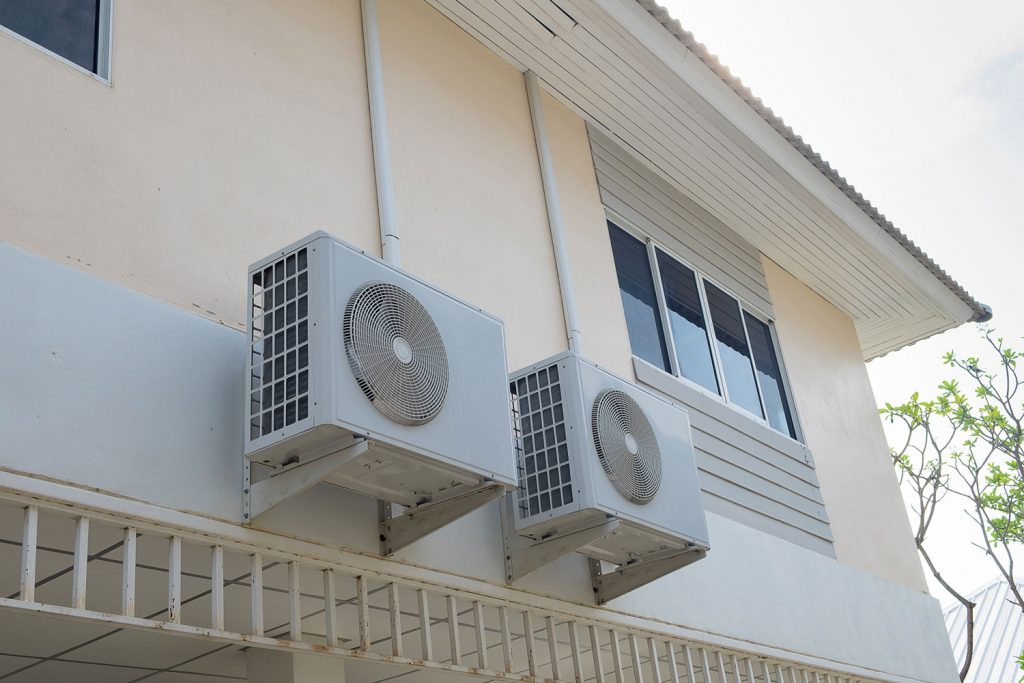
Getting estimates online is never easy. There are a lot of resources out there that might not apply to your situation. If you want to ensure you get the best AC for your 2,000 square foot home, get a manual J calculation. We hope you found the information above helpful!
Before you go, do you have other air conditioning concerns? Are you trying to save money? If you need help cutting costs, check out our post:
Should You Turn Off Air Conditioner When Not Home?
Does your home have no ductwork? You'll need to consider your options. To learn more, check out our post:
Older Home With No Ductwork? Here Are Your Air Conditioning Options
